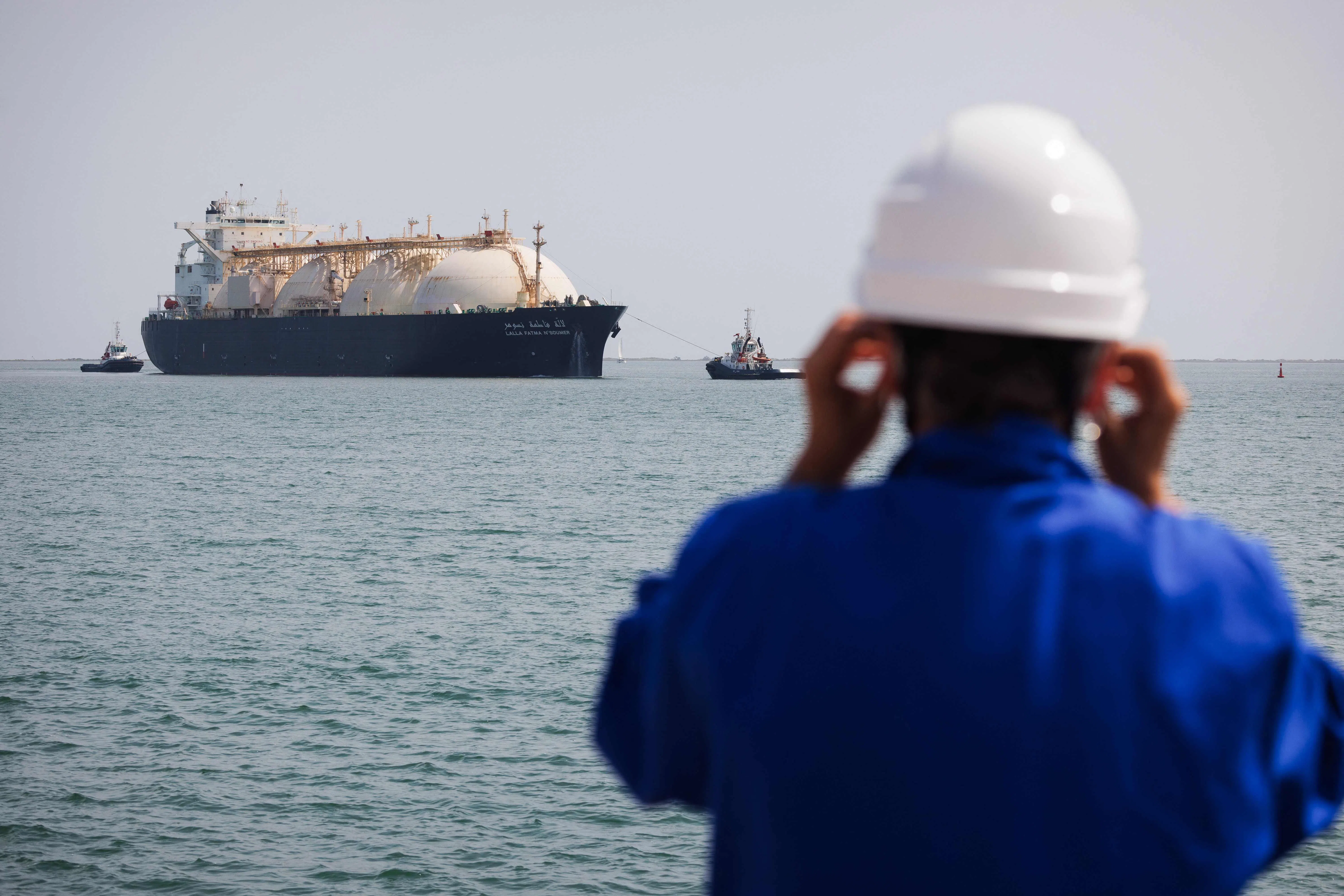THE chief executive officers of both Sembcorp Industries and Aramco highlighted the need to rely on fossil fuels, such as natural gas, in equitable energy transitions.
They were among the many panellists on the first day of the Singapore International Energy Week 2024 event who believe that fossil fuels will make up a greater portion of the energy mix by 2035.
“Some notion of green is better than no green at all, or a lighter brown might be better than totally brown or black,” said Sembcorp group president and CEO Wong Kim Yin in a panel on Monday (Oct 21).
He noted that from a transition perspective, countries such as Singapore still heavily rely on natural gas, at least in the medium term.
This is even so for developing economies that do not have the capacity to switch to renewables while meeting an increasing energy demand.
Amin Nasser, president and CEO of Saudi Arabia oil giant Aramco, said in an address on Monday that it is “unrealistic” for developing countries to get rid of fossil fuels.
A NEWSLETTER FOR YOU
Friday, 12.30 pm
ESG Insights
An exclusive weekly report on the latest environmental, social and governance issues.
He noted that countries should stop assuming that they can meet their conventional energy needs with “half-baked alternatives” overnight, particularly in the global south.
“This assumption is seriously discouraging investment in these crucial conventional sources,” he said.
He added that while accelerating the development of renewables, countries should also encourage “essential investment in improving the reliable energy sources like oil and gas”, which not only meet countries’ energy needs, but are also affordable.
Additionally, Nasser highlighted the investment needs to reduce greenhouse gas emission associated with fossil fuels, and that countries should choose an energy mix that helps to meet their climate ambitions “at a speed and manner that is right for them”.
“It is what I call a multi-source, multi-speed and multi-dimensional approach that addresses the actual security, affordability and sustainability priority of all countries,” he said.
The notion of developing countries’ lack of capacity to switch off fossil fuels was also shared by Andrew Light, assistant secretary of international affairs at the US Department of Energy.
“Singapore can afford to transition from gas, and then to non-fossil. The rest of the region can’t,” he said.
He said at a separate panel that these countries should not rely on the US or any other energy producer for their primary energy supply, and energy interconnectivity will thus be key in helping them advance their energy transitions.
Renewables yet to meet energy demand
Natural gas featured strongly during the first day of a conference on decarbonising the power sector, as countries grapple with the difficulties in adding renewable energy capacity.
While industry players agreed on rising energy demand across the world, a divide arose on investment focus.
Lim Wee Seng, group head of sustainability and energy of the institutional banking group at DBS, said that variable renewable energy investments are now much larger than fossil fuel investments.
“The incremental growth in power demand is still higher than renewable energy growth,” he noted.
Investment into hydrocarbons is key to sustaining global economic growth, said Joseph McMonigle, secretary-general of the International Energy Forum. He added that global investment into fossil fuels needs to increase by about 23 per cent by 2030 to keep up with the energy demand.
Takao Tsukui, executive vice-president of Mitsubishi Power, said that gas generation can support the expansion of renewable investments given its reliability and availability compared with renewables.
However, Francesco La Camera, director-general of the International Renewable Energy Agency, noted that countries should stick to their commitments to renewable development.
“In the largest part of the world today, renewables are the cheapest way to produce electricity… so we are moving, and no one can stop this process to a new energy system that will be largely dominated by renewables,” he said.
He made the point that renewables are the only resources that should be deployed by 2030, according to the Paris Agreement.
“We cannot postpone things, yet (we can) be on time. If not, the cost will be dire for our society,” he said.







